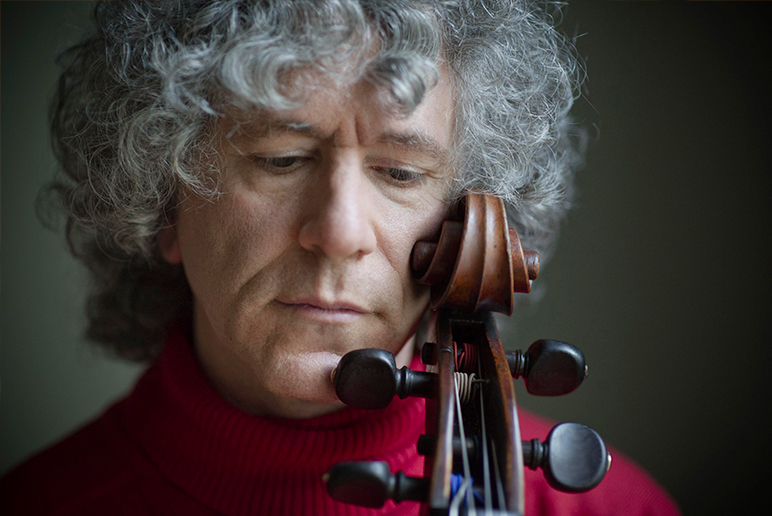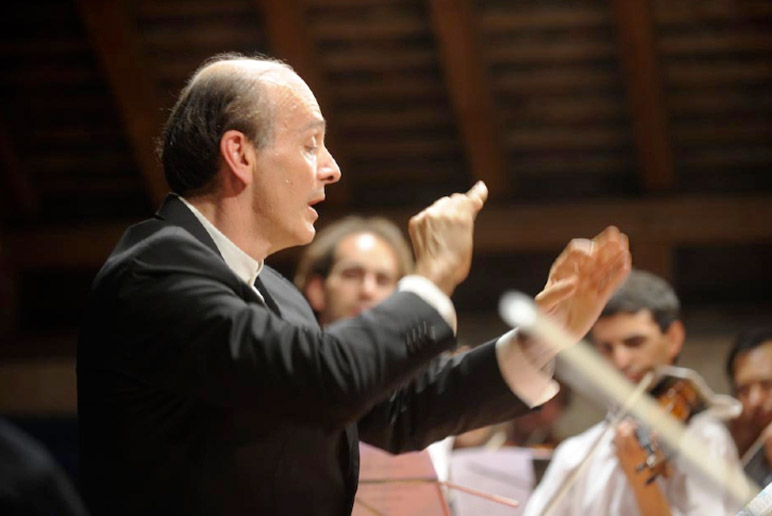Orchestre de chambre de Paris
Gábor Takács-Nagy | direction
Steven Isserlis | cello
Steven Isserlis brings the delicacy of his cello-playing to one of Haydn’s rare concertos for this instrument.
Haydn Symphony No. 1 Hob. I:1
Concerto for cello No. 1
Beethoven Symphony No. 6 Op. 68 « Pastorale »
.This programme pairs two youthful scores by Haydn (including his Cello Concerto No. 1, which languished in obscurity for many years) with the famous Symphony No. 6 (Pastoral Symphony), the mature work of his student Beethoven. When Haydn composed his Symphony No. 1 in the late 1750s, he remained faithful to the three-part structure of the overture in the Italian baroque style. However, its elegance and flair already speak to his personality, which is affirmed in Cello Concerto No. 1, written in the early 1760s and only rediscovered in 1961. The Pastoral Symphony (1808) is undoubtedly the most radiant of Beethoven’s scores, “more the expression of a feeling than a painting”. The composer embarks on programme music and projects his emotional states onto nature, ideas which romantic composers would develop further throughout the nineteenth century.
Production Orchestre de chambre de Paris


